The 2025 Tour of Magnificent Qinghai is not only a road cycling spectacle, but a crucial platform for China's Qinghai Province to showcase its plateau ecological protection, cultural tourism integration, and rural revitalization efforts.
From the canola flower fields of Menyuan to the snow-capped mountains and grasslands of Qilian, from the intangible cultural heritage of the Tu ethnic group in Huzhu to the magnificent scenes of nomadic horse teams cheering on the riders, the event paints a vibrant new picture of the plateau where ecology and culture are intertwined.
HIGH ALTITUDE, CHALLENGING RACES, SPECTACULAR SCENERY
With the sound of the starting gun, the Tour of Magnificent Qinghai opened on July 6 in the ancient plateau city of Xining, capital of Qinghai Province.
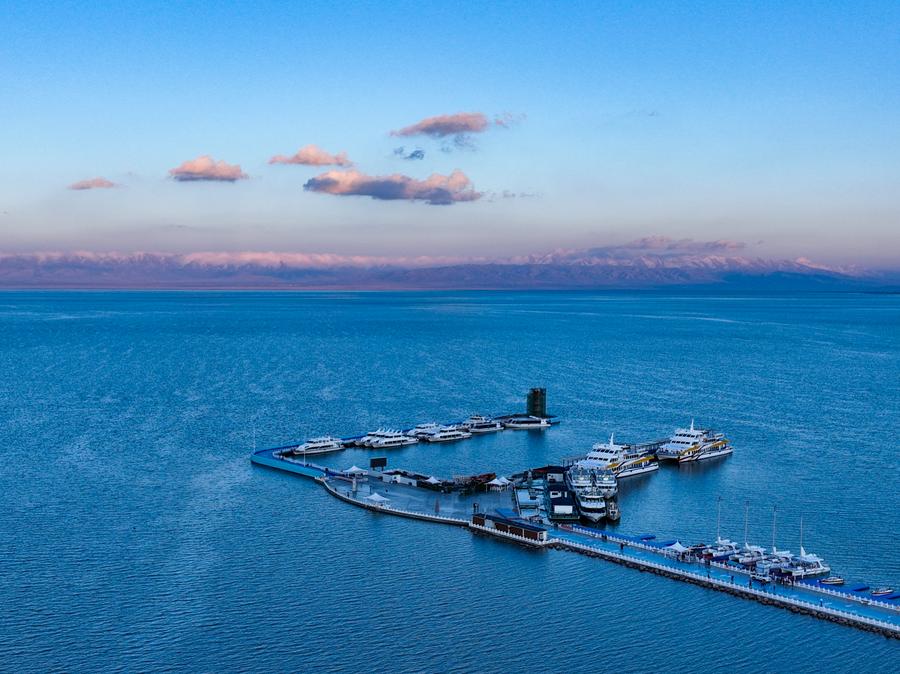
Formerly known as the Tour of Qinghai Lake, the event was rebranded in 2025 as the Tour of Magnificent Qinghai. First held in 2002, the high-altitude race is recognized as one of Asia's premier road cycling events, known for its punishing terrain and average elevation of 3,000 meters.
The 2025 edition features eight stages totaling 1,400 kilometers and has attracted 154 professional riders from 11 countries and regions. The event, with a maximum altitude of 3,869m, concludes in Haiyan County on July 13.
Over 24 years of development, the event has steadily advanced from a 2.5-category race to one of Asia's top road cycling events, and now ranks as a UCI ProSeries race.
Luo Dongchuan, Governor of Qinghai Province, said in his opening speech that the Tour of Magnificent Qinghai, with its unique charm of high altitude, challenging courses, and spectacular scenery, has become one of the most challenging and visually appealing road cycling events in the world.
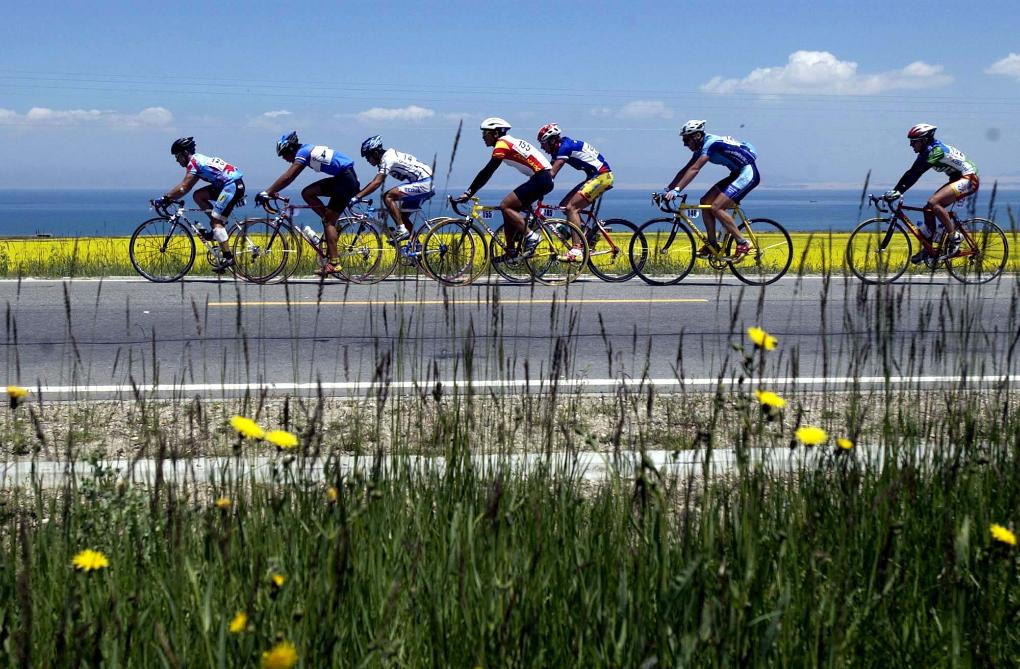
"It has become a benchmark event leading the development of cycling in China, a splendid window showcasing a beautiful China and the construction of a strong sporting nation," Luo added.
Luo further noted, "It demonstrates the open, inclusive, and pioneering spirit of the people of all ethnic groups on the Qinghai Plateau."
In a message to the opening ceremony, David Lappartient, President of the International Cycling Union (UCI), stated that the Tour of Magnificent Qinghai has been an important part of the UCI racing history since 2002.
"Formerly part of the UCI Asia Tour, it is now a UCI ProSeries event and continues to attract top-quality teams and athletes to race through the province of Qinghai, known for its beautiful Qinghai Lake," Lappartient added.
"All those who embark on the Tour of Magnificent Qinghai are aware that the road will be tough, but beautiful and rewarding," he noted.

From his hometown in Yunnan Province to Qinghai, from one plateau to an even higher one, Li Zisen arrived at the Duoba National Plateau Training Base in Qinghai in 2013 to begin a new journey.
Li, now 27, cannot remember how many times he has ridden the training route of Duoba Base - Riyue Mountain - Xihai Town - Qinghai Lake. In several editions of the Tour of Qinghai Lake, he claimed the Blue Jersey for best Asian rider, and is currently competing in this year's Tour of Magnificent Qinghai.
With excellent physical condition and rigorous training, Li has gradually gained recognition at both domestic and international cycling events. "Each honor has given me more confidence," Li said before this year's event.
PASSION AND ECOLOGY IN HARMONY
Qinghai Province is home to numerous lakes and diverse wildlife in the headwaters of the Three Rivers - the Yangtze, Yellow and Lancang - making it the "Water Tower of China." The region is dedicated to building an international ecological civilization highland.
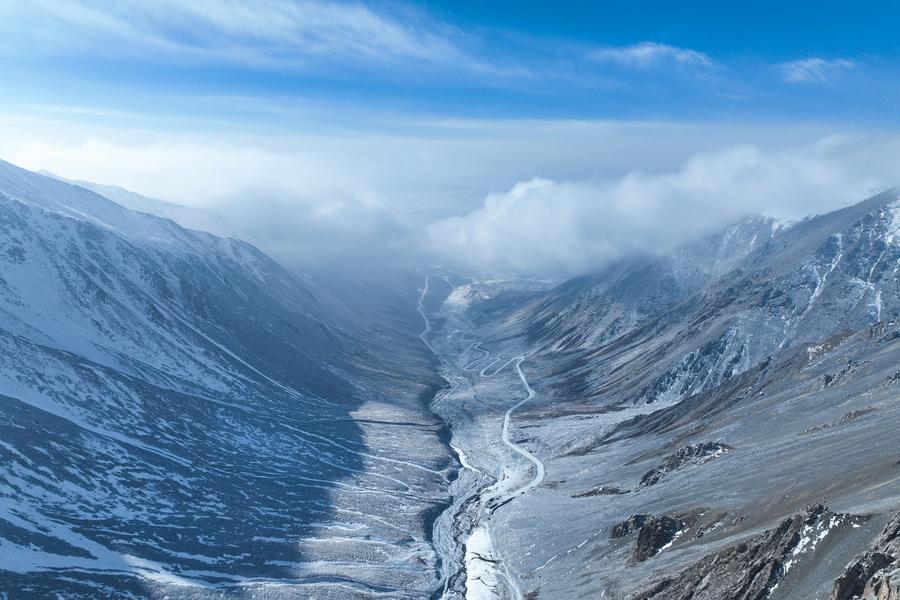
The Tour of Magnificent Qinghai is a "green calling card" showcasing Qinghai's ecological civilization construction. This year's race passes through the Twelve Turns of Huzhu, the picturesque Zhuoer Mountain, and the vast Jin Yintan (Golden and Silver Beach), showcasing Qinghai's harmonious coexistence between mankind and nature.
"The Tour of Magnificent Qinghai has witnessed Qinghai's determination to protect the headwaters, but more importantly, through 'green' sports, the organizing committee is sending a strong signal to the outside world about protecting the Sanjiangyuan (Three Rivers Source), Qinghai Lake, and even the ecological environment along the route," said Wang Xia, Director of the Qinghai Provincial Sports Bureau.
The Haibei Tibetan Autonomous Prefecture's Menyuan and Qilian Counties, where this year's race passes through, are important parts of the Qilian Mountains National Park.
Seeing the majestic Gangshika Snow Mountain and the canola flower fields along the route, Swiss rider Simon Pellaud said, "These flower fields remind me of my hometown. Qinghai is a romantic place."
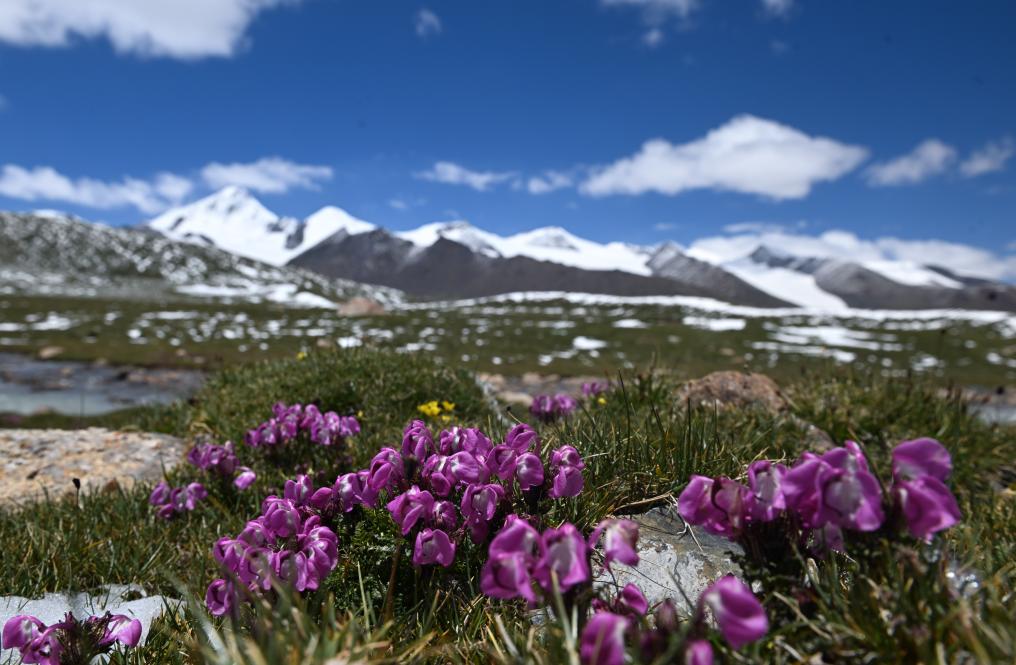
Since 2017, the national park has seen a 15 percent improvement in vegetation and ecological quality, with 60 percent of degraded grassland effectively restored. Water conservation capacity and hydrological runoff have also improved significantly, while vegetation has increased its carbon dioxide absorption by 19 percent and oxygen release by 20 percent.
From late May to early August, Qinghai Lake's naked carp enter their spawning season. Tens of thousands of these fish swim upstream into the freshwater rivers feeding the lake, creating a striking natural spectacle known as "half river clear water, half river fish."
As the most classic stage of the Tour of Magnificent Qinghai, Qinghai Lake, China's largest inland saltwater lake, is writing a new chapter in its development as a national wetland park, emphasizing the integrated protection of mountains, rivers, forests, fields, lakes and grasslands.
Today, the Tour of Magnificent Qinghai has become a driving force for promoting high-quality development in Qinghai, which is emerging as a world-class salt lake industry hub, a national clean energy industry highland, an international eco-tourism destination, a green and organic agricultural and livestock product export base, and a demonstration zone for coordinated development of computing power and electricity.
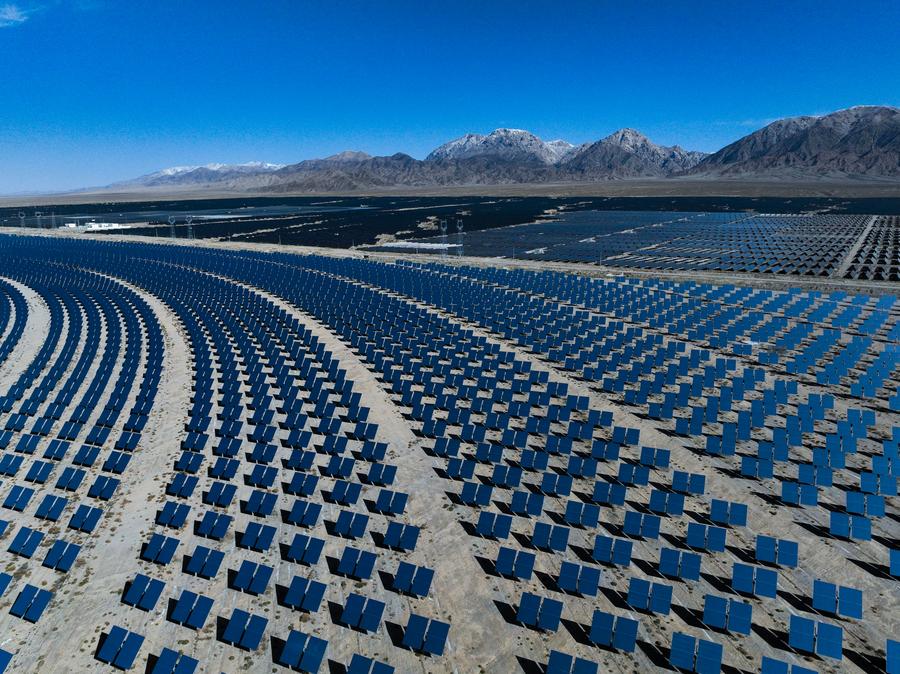
Salt lake resources support the dual strategies of food security and new energy transition. Qinghai's installed capacity and power generation from renewable energy sources rank among the highest nationwide.
PLATEAU CULTURE AND DEVELOPMENT
Qinghai is a homeland of multi-ethnic groups living in harmony. The Han, Tibetan, Hui, Mongolian, Tu and Salar ethnic groups are as closely united as pomegranate seeds. The Tour of Magnificent Qinghai has become a "friendship bridge," fostering cultural exchanges and showcasing rural revitalization on the plateau.
20-year-old Guo Kuanzhang from Lusha'er Town, Huangzhong District, Xining City, has been learning stilt-walking from his father since childhood. Before the start of the second stage in Duoba Base on July 7, Guo and his companions performed "aerial dances" on 2.5-meter stilts for the cyclists and spectators.
In the Hehuang Valley, the traditional Shehuo folk performance occurs every Spring Festival, with stilt walking a major highlight. Lusha'er stilt walking is listed as an intangible cultural heritage of Qinghai Province.
"Practicing stilts has given me a new understanding of courage and strength, and I also wish the cyclists the best of luck," said Guo.
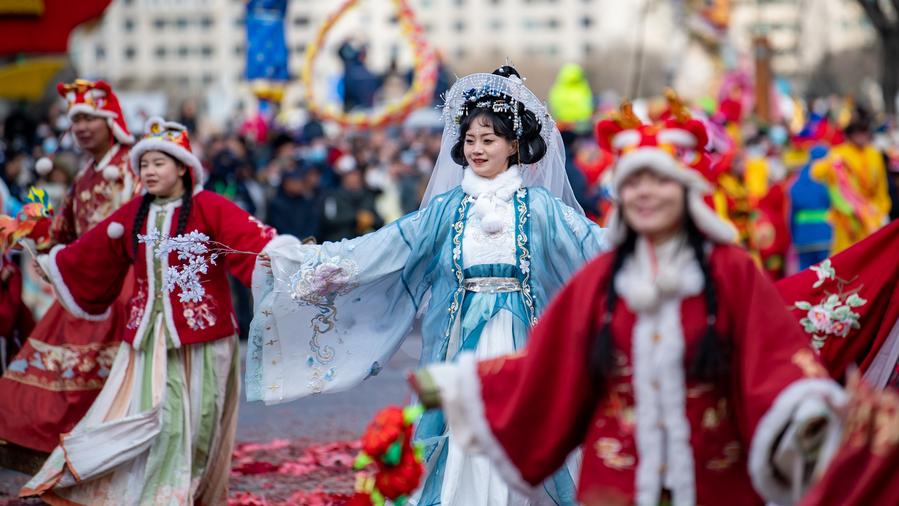
Along the way, the Tour of Magnificent Qinghai has witnessed various regions developing characteristic industries.
The name of Dongge'er in Shinaihai Town, Gonghe County, means white conch in Tibetan. The fish-watching platform resembles a white conch lying quietly in the curved bay where tens of thousands of naked carp revel.
The Dongge'er Fish Watching Platform is the collective economy of six villages in Shinaihai Town. In July 2023, the villages established a cultural tourism company which built a 450-square-meter tent food city opposite the fish watching platform, creating dozens of shops selling characteristic agricultural and livestock products such as yak jerky, yogurt and wolfberries. The vast majority of local herders have now become shopkeepers to serve the booming trade.
Haiyan County's Xihai Town, the final stage of this year's race, is situated in the heart of Jin Yintan Grassland. Local official Xie Xiaoling said that the Tour of Magnificent Qinghai has significantly promoted the growth of the local cycling industry, with 16 cycling clubs and over 12,000 bicycles now present in the area.

Reflecting on the region's cultural history, Chinese composer Wang Luobin created the timeless song "In That Distant Place" on the Jin Yintan Grassland in 1940, spreading Western Chinese folk music around the world.
Today, with the steady advancement of ecological protection and sustainable development, Qinghai is no longer a remote region but a shining example of a modern, eco-friendly plateau. The "green" cycling race continues to paint a vivid new picture of Qinghai's development and harmony with nature.
















